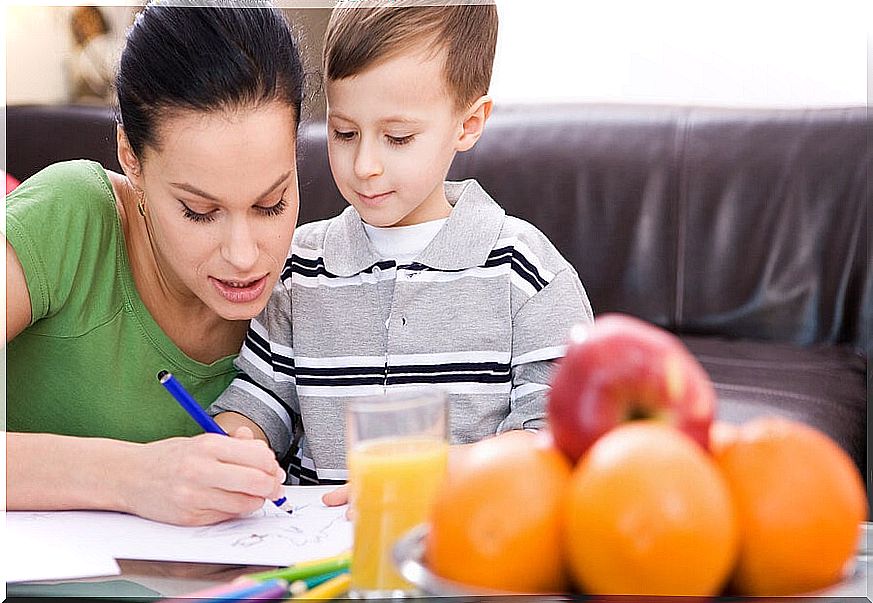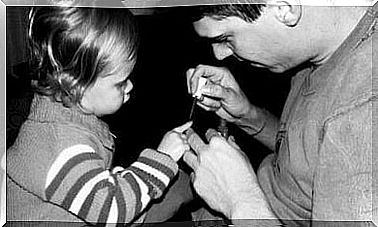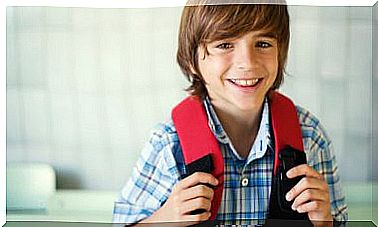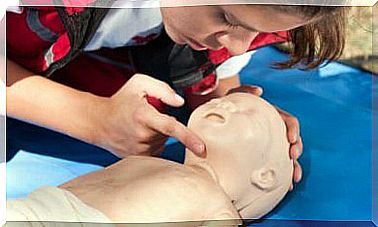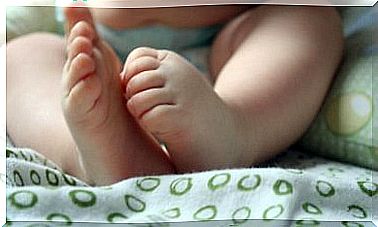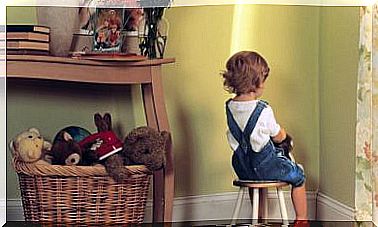Importance Of Teaching Children To Behave At The Table
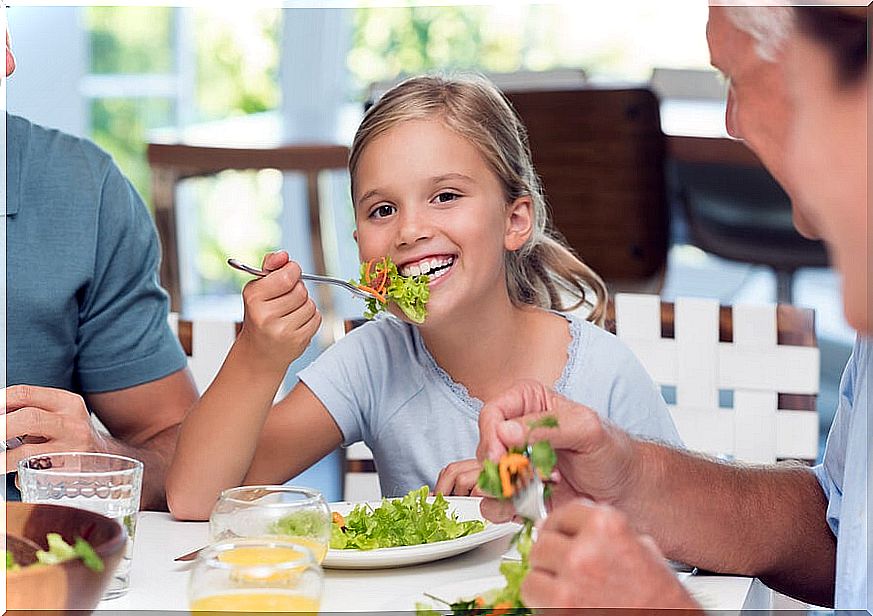
Teaching children to behave at the table has been one of the first and constant tasks of parents. Due to the restless and playful nature of the little ones, mealtime also represents a time of joy and fun for them in their own way.
However, when children stop paying attention to eating and begin to become distracted or argue with their siblings, sitting at the table can be a headache for parents. Therefore, below we want to give you some tips so that you can teach your little one respect and correct behavior when sitting at the table.
Why teach children to behave at the table
For centuries, a person’s level of education and character have been judged by their table manners. The act of eating has always represented a moment of respect and reverence for all the civilizations of the world, which has even touched the margins of the religious and sacred.
Hence, to this day, sitting down to eat as a family and thanking for food is one of the acts that help define a functional family. Taking this into account, it is clear why it is essential for everyone to have good table manners, and, in turn, that children reflect that good behavior at home and at meal times on the street or with guests.
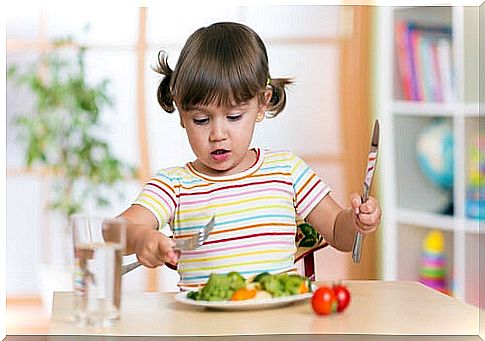
What defines a child with good table manners?
Undoubtedly, the rules of etiquette that must be applied when eating at the table and at social events are multiple. Many of us are even unaware, or simply ignore, strict rules such as the exact way in which we should take the glasses, how the cutlery should be placed after each bite in the breaks or at the end of eating, and even, what are the exact cutlery for special dishes.
Although we are not masters of etiquette, there are definitely universal behaviors that will make the child diner show his good manners and respect.
A child with good table manners is defined as one who behaves calmly, takes his food calmly, asks permission to drink something or politely requests what he needs, does not play with food or cutlery and gives the thank you when you are served.
If your little one can’t remember all the rules for getting around the table due to his young age, smiling, asking for permission and apologies and always being calm will mean that he has already won much of the route when it comes to showing his courtesy.
What the child should know about courtesy
From the age of 4, children can learn the basic rules of courtesy at the table. The ones that we show you below reflect the simplest steps to carry out and remember for the little ones.
- Wash your hands before eating: this action is important to maintain the child’s health in good condition.
- Offer help to parents to serve the table, or calmly wait to be called to eat.
- Once seated at the table, the child must wait for the parents and guests to start eating in order to start.
- Order food saying please and thank you.
- Elbows should not be put on the table.

- When chewing food, keep your mouth closed and chew slowly.
- The napkin should be used frequently.
- Soup should not be sipped.
- The child should not play with the cutlery, they should only use them to eat and, at the end, they should leave them parallel to their plate.
- At the end of eating, the child should not get up from the table if the adults have not done so, or without asking for permission.
- When you get up, you should be thankful for the food and offer your help to collect.
Finally, remember that, at mealtime, the child’s true character will come to light. If you are rude, moody, or frequently throw tantrums to get parents to indulge your whims, it won’t do much for you to have learned the rules of politeness at the table. So, it is essential that the correction in your child’s behavior is constant and in all areas.
